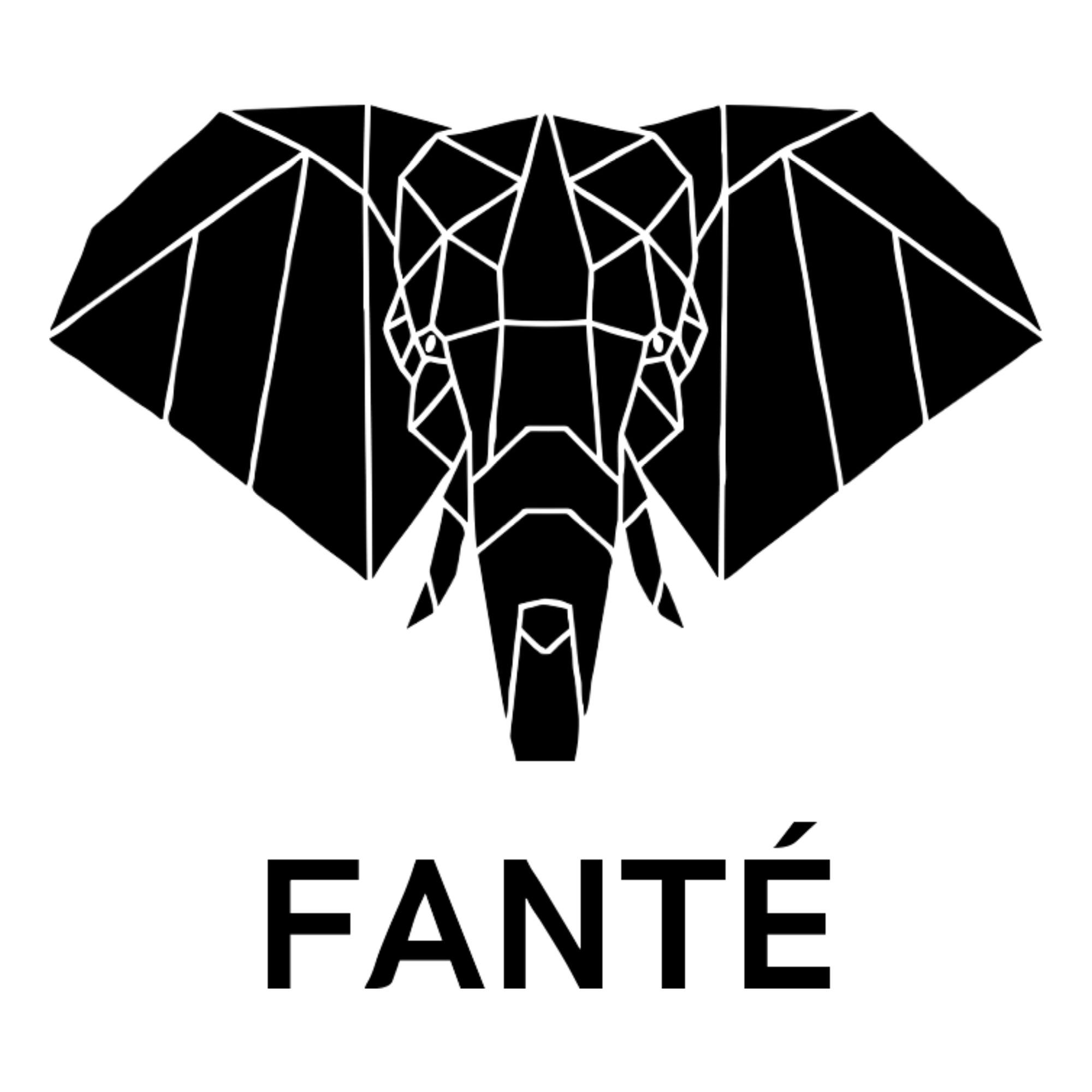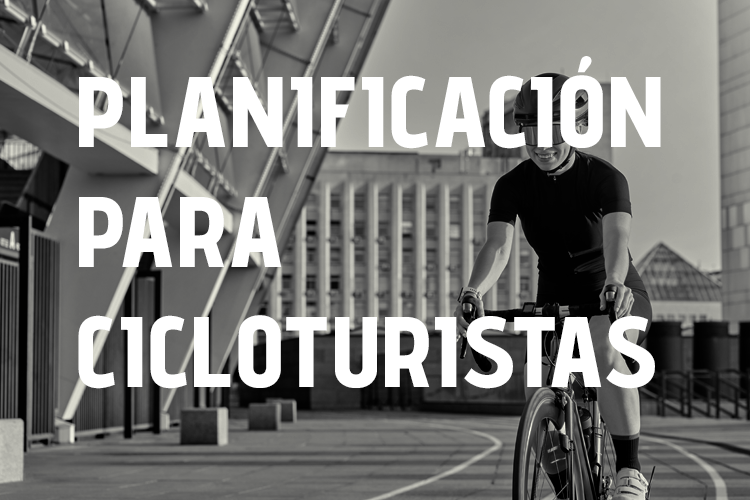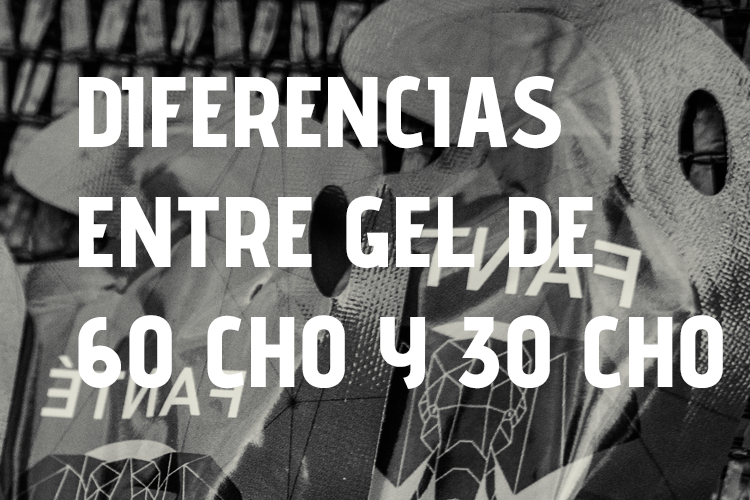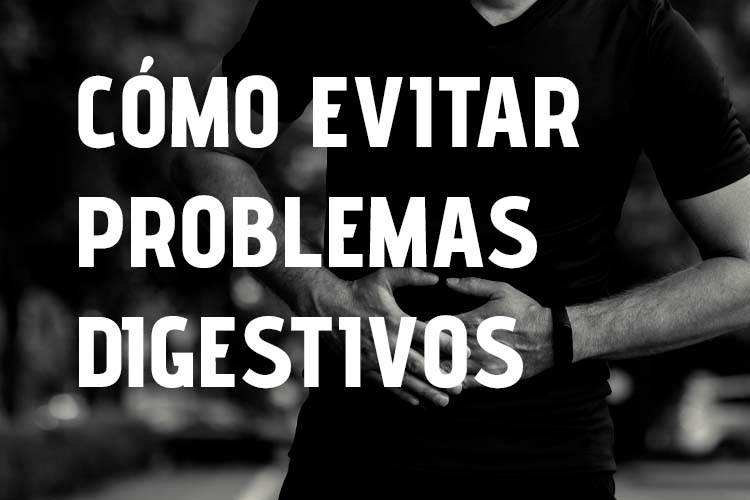CYCLING TOURIST, NUTRITION FOR SUCCESS IN THE RACE
Proper nutritional planning is essential for cyclists participating in endurance events, such as cycle touring.
A well-designed strategy not only improves performance, but also helps prevent fatigue and gastrointestinal discomfort during competition.
Below are the nutritional recommendations for the week leading up to the race and breakfast on race day.
Nutrition in the week before the competition
In the days leading up to an endurance event, it is essential to maximize muscle glycogen stores by adequately loading with carbohydrates.
Traditionally, protocols were used that included a depletion phase followed by a high carbohydrate intake.
However, more recent methods suggest that it is possible to achieve glycogen supercompensation without the need for a prior carbohydrate depletion phase.
By reducing training intensity and increasing carbohydrate intake in the two days prior to competition, athletes can achieve optimal muscle glycogen levels.
It's recommended that cyclists consume between 7 and 12 grams of carbohydrates per kilogram of body weight per day during this period. Foods such as pasta, rice, bread, fruits, and starchy vegetables are excellent sources of carbohydrates.

Additionally, it is important to maintain adequate hydration and avoid foods high in fiber or fat that can cause digestive discomfort.
Pre-race breakfast
Breakfast on race day plays a crucial role in a cyclist's performance.
After an overnight fast (not eating during the night), liver glycogen stores decrease, so it is essential to replenish them before the test.
It is recommended to consume between 1 and 4 grams of carbohydrates per kilogram of body weight in the 1 to 4 hours before the start of the race.
The exact amount and timing of intake should be adjusted according to individual tolerance and the start time of the competition.
Suitable breakfast options include toast with jam or honey, oatmeal with fruit, bananas, and sports drinks.
It is advisable to avoid foods high in fiber, fat, or protein in excess, as these can slow digestion and cause gastrointestinal discomfort during the race.
If the time between breakfast and the start of the test is short, liquid forms of carbohydrates, such as shakes or sports drinks like our GLUT 5 DRINK or ISO DRINK , can be considered to facilitate digestion and absorption.

In short, proper nutritional planning in the week leading up to and on the day of the competition is essential to optimizing performance in endurance events such as cycle touring.
It is essential that each cyclist adjust these recommendations to their individual needs and tolerances, and that they practice their nutritional strategy during training to ensure its effectiveness and tolerance.
If you're still not sure how to plan your calorie intake for each food item, or how to do it, we've put together a cycle touring pack that includes a nutritional strategy for the race—pre-race, during, and post-race—as well as the necessary products to ensure you reach the finish line safely.
To conclude, proper planning is the key to success for any athlete in a test.
In a generic cycle tour we should emphasize 4 aspects
Caffeine
Carbohydrates
Water
Salts
We should ingest caffeine every 1:20 to 2:00, an intake of 3 mg/kg of weight, that is, from 100 mg of caffeine to 300 mg of caffeine depending on the athlete's weight.
In this case we have as options
We should consume a minimum of 60 grams of carbohydrates per hour in gel or drinkable form.
But for athletes more accustomed to high carbohydrate consumption, we could consume 80 to 120 grams per hour.
And here comes into play
The carbo gummy , the electro gummy , Gel hydro and the ISO DRINK
Water , we should hydrate ourselves with a minimum of 400 to 600ml in the first hours and around 800 to 1 liter per hour in the hottest hours.
And finally, mineral salts.
You don't have to worry about that here, with the entire FANTÉ range, with any combination you will get the minimum of 350mg of sodium per hour, so you don't have to worry.
But keep in mind that you should consume between 350mg of sodium per hour up to 900mg or 1 gram of sodium per hour.

Literature
- Rothman DL, Magnusson I, Katz LD, Shulman RG, Shulman GI. Quantitation of hepatic glycogenolysis and gluconeogenesis in fasting humans with 13C NMR. Science (80- ). 1991;
- Thomas DT, Erdman KA, Burke LM. Position of the Academy of Nutrition and Dietetics, Dietitians of Canada, and the American College of Sports Medicine: Nutrition and Athletic Performance. J Acad Nutr Diet. 2016;116(3):501–28.
- Keizer HA, Kuipers H, van Kranenburg G, Geurten P. Influence of liquid and solid meals on muscle glycogen resynthesis, plasma fuel hormone response, and maximal physical working capacity. Int J Sports Med. 1987;
- Gentilcore D, Chaikomin R, Jones KL, Russo A, Feinle-Bisset C, Wishart JM, et al. Effects of fat on gastric emptying of and the glycemic, insulin, and incretin responses to a carbohydrate meal in type 2 diabetes. J Clin Endocrinol Metab. 2006;
- Bergstrom, J., Hermansen, L., Hultman, E., and Saltin, B. Diet, muscle glycogen and physical performance. Acta Physiol Scand. 71: 140-150, 1967. Jeukendrup and Gleeson Sports Nutrition Human Kinetoics Champaign IL, 2010




Leave a comment
This site is protected by hCaptcha and the hCaptcha Privacy Policy and Terms of Service apply.